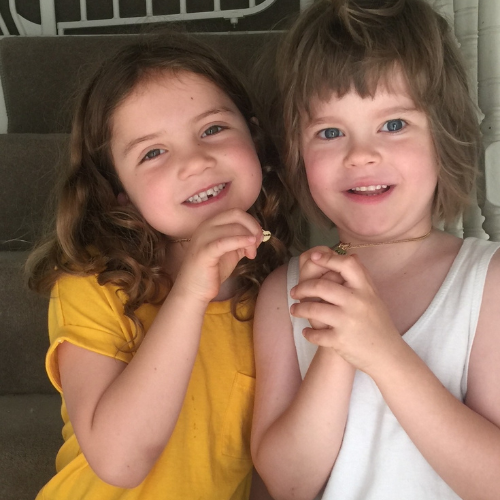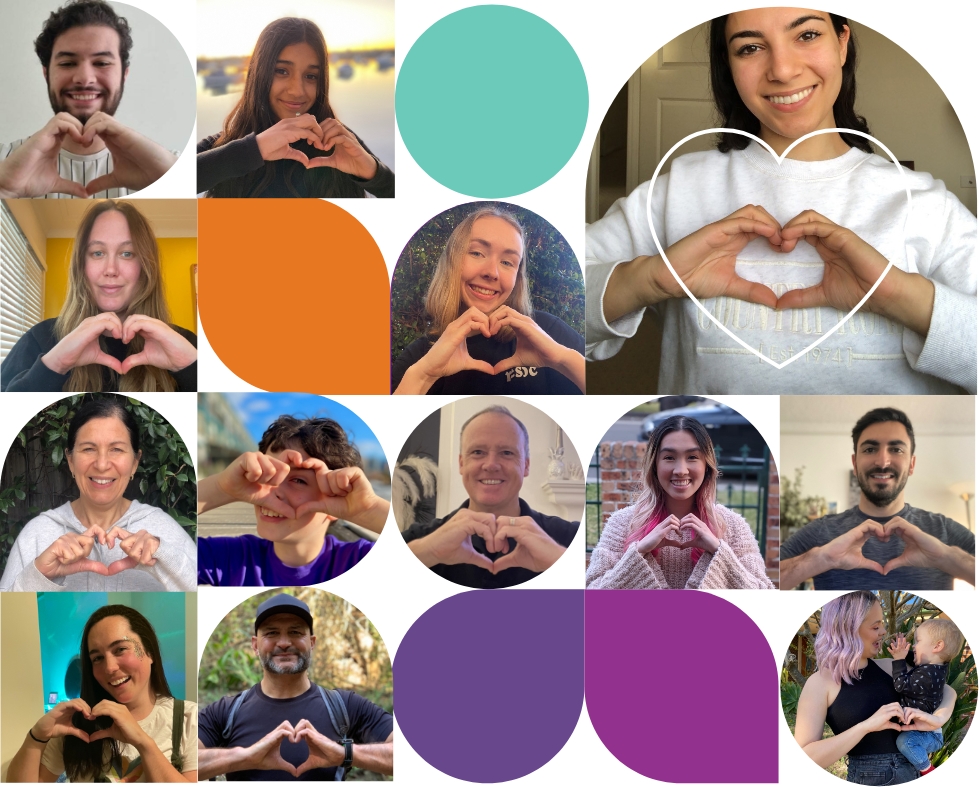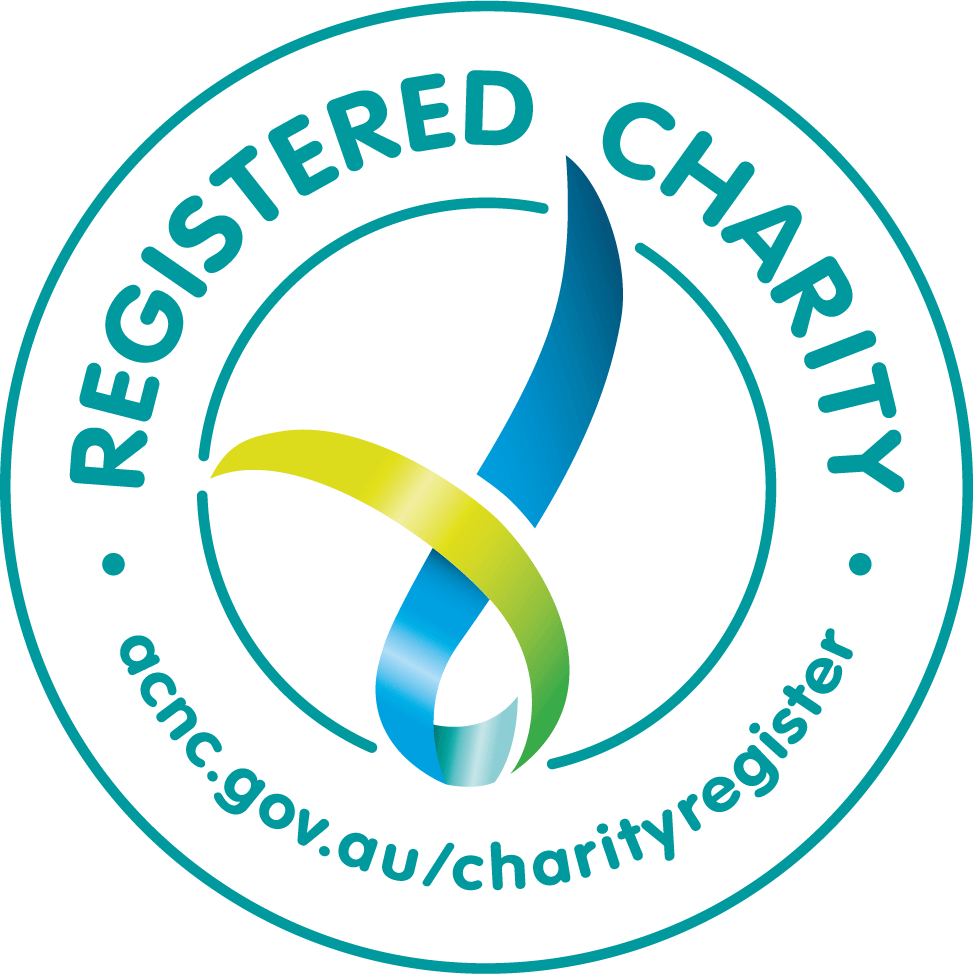Approximately one in 6,500 children in Australia are born with a rare metabolic disorder, meaning they are unable to process and use fat, carbohydrates, or protein for energy production. For these children, everyday “healthy” foods such as salmon, avocado, and even breastmilk, can be toxic. Simple physical activity including climbing stairs can lead to intense, debilitating pain and injury.
With no known cure, children with metabolic conditions require specialised care from metabolic experts to manage their nutrition and physical activity.
Kiera Batten, a senior metabolic dietitian and PhD candidate, is one of approximately 25 metabolic dietitians in Australia and New Zealand and plays a critical role in helping these children live full and enjoyable lives. Drawing on her background in exercise and sport science, Kiera is motivated to help kids get the nutrition and energy they need from regular and specialised foods to enjoy childhood activities, especially exercise or playing sport.
Kids with rare metabolic disorders can spend a significant part of their young lives in and out of hospital. Even minor dietary or exercise missteps can result in serious illness, injury, or even death. There are limited studies available to inform the medical and dietary management of rare genetic metabolic conditions, highlighting the need for further evidence to support clinical care. Fortunately, the world-leading metabolic team at Sydney Children’s Hospitals Network (SCHN), apply a structured and collaborative approach, allowing each new insight to improve care for future patients.

For children with McArdle syndrome, a rare metabolic condition that affects the way the body uses muscle energy, exercising and playing sport can be profoundly challenging, resulting in severe muscle weakness, pain, and breakdown.
Thanks to seed funding from Sydney Children’s Hospitals Foundation’s (SCHF) 2022 Greenlight program, Kiera has been investigating the characteristics of metabolic conditions like McArdle syndrome and the evidence base that guides their treatment.
Initially motivated to find a nutritional supplement to help better manage McArdle syndrome, Kiera’s extensive review of the literature revealed that this approach might not be the most effective. Instead, Kiera leveraged the expertise of her team and her own qualifications in exercise and sports science, to design a safe and structured exercise program that could help kids with McArdle Syndrome exercise without injury.
Her initial research has already helped children and families learn new ways to exercise safely at home. The program helps kids learn how to exercise safely and build confidence, with clinical benefits including improved physical function and likely fewer future hospital admissions.
As one child shared:
“I found out more about my body and how to exercise and get fit and strong”.
With this research, Kiera and the team have improved their understanding of how to manage patients with McArdle syndrome.
Thanks to SCHF funding, Kiera’s PhD research training has already strengthened her skills as a clinician and opened further career opportunities – including two more grants to further her research.
Her innovative approach is attracting attention from national and international research groups. Together with the world-leading metabolic disorders team at SCHN, Kiera is now applying her insights to test a model of care for children with long chain fatty acid disorders – another group of rare metabolic conditions.
Ultimately, Kiera hopes her research will inform new clinical practice guidelines for metabolic disorders. Her goal is to help deliver better care, improve clinical outcomes, enhance quality of life and keep more kids out of hospital for longer – both in Australia and around the world.

“I'm very grateful to the SCHF Greenlight project and our generous donors, without whom this research, the benefits to our patients, and my PhD would not be possible.” shares Kiera.
Kiera’s dedication to helping children and young people with rare metabolic conditions is already making a meaningful difference – and it’s only just the beginning.
With the support of generous donors like you, we can continue to help fund pioneering projects like this, giving more children the chance to live healthy, happy lives.
Donate today to change the future for sick kids.












